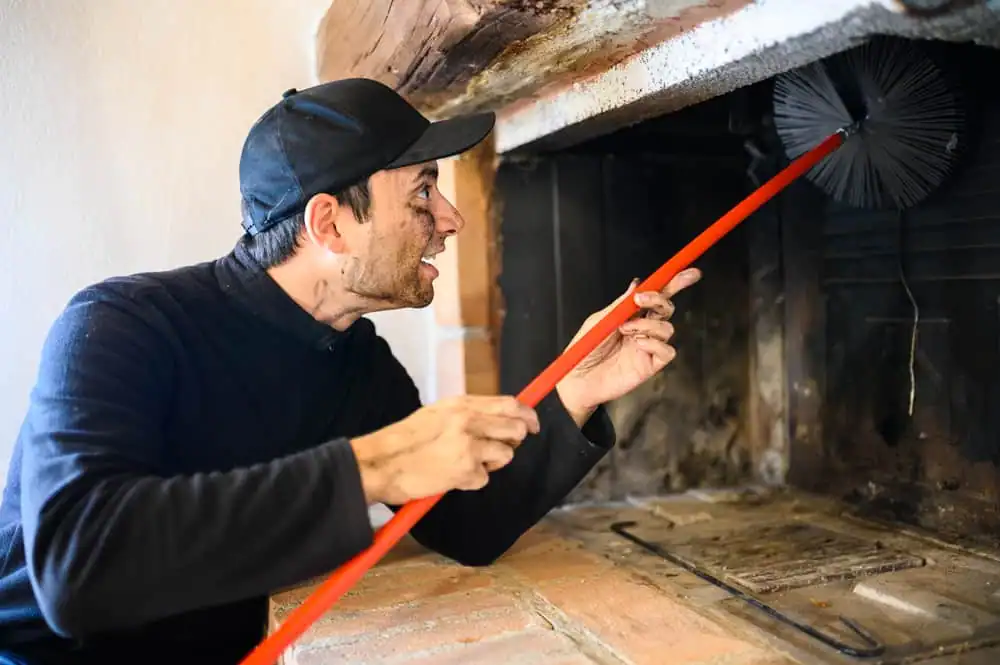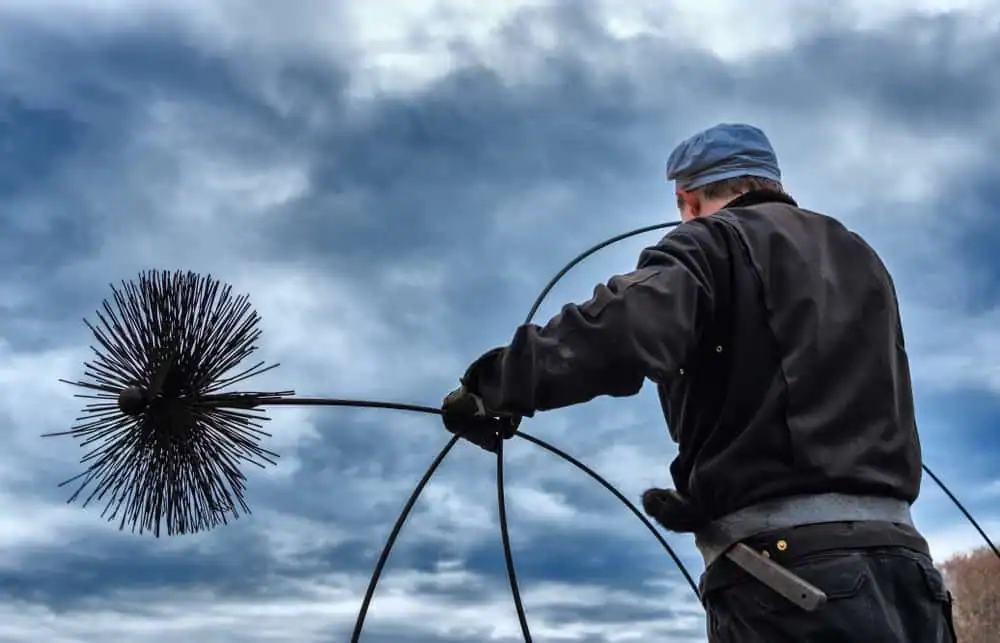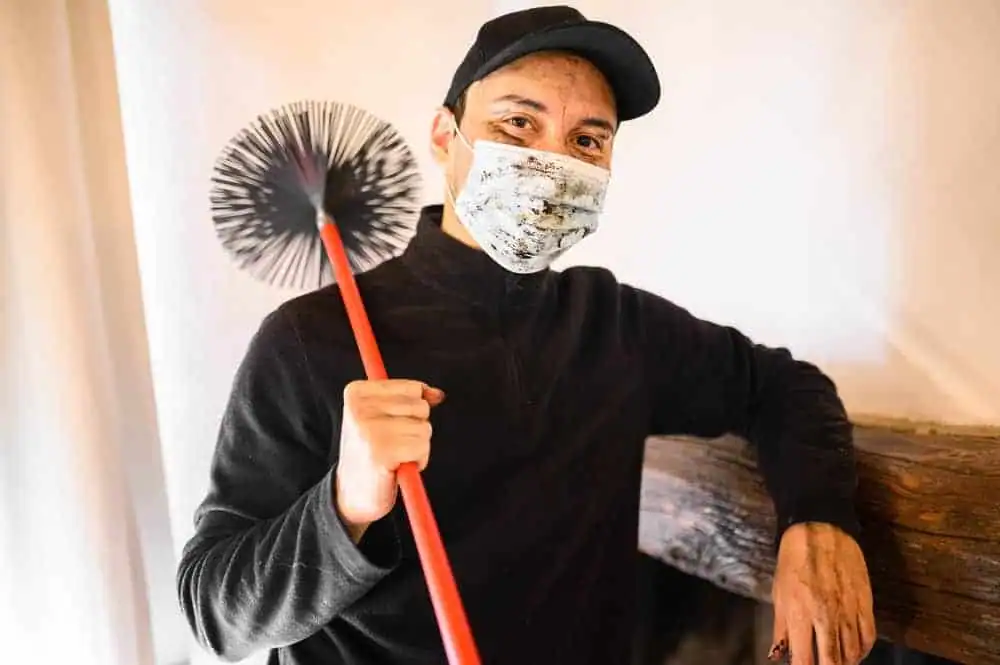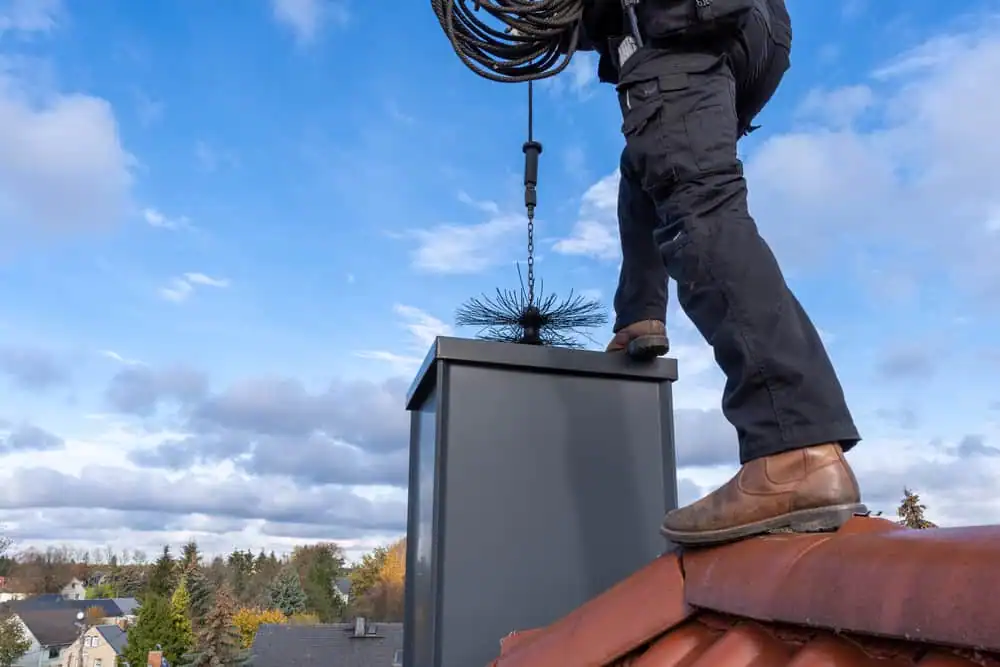Our triple-certified technicians remove dangerous creosote buildup that other companies miss, protecting your Forest Hill home from fire hazards.

Hear from Our Customers

You’ll breathe easier when your chimney is properly cleaned by certified professionals. No more worrying about creosote buildup or dangerous blockages that could put your family at risk.
Your fireplace will draw properly again. No more smoke backing up into your living room during those cozy winter evenings you’ve been looking forward to.
Most importantly, you’ll have peace of mind knowing your chimney meets New Jersey’s construction codes and safety standards. That’s what real chimney sweeping should deliver.
Apex Air Duct Cleaning & Chimney Services holds the rare triple certification that only one company in New Jersey can claim. We’re CSIA, NFI, and NADCA certified – that’s chimney safety, fireplace expertise, and air duct standards all in one trusted provider.
Forest Hill’s historic homes, many dating back over 100 years, require specialized knowledge. These beautiful colonial, Tudor, and Georgian homes have unique chimney systems that need experienced hands.
You’re not just getting a cleaning – you’re getting four decades of expertise that understands both modern safety standards and the craftsmanship of Forest Hill’s architectural heritage.

First, we protect your home with drop cloths and set up our powerful vacuum system. Your furniture and floors stay clean – that’s non-negotiable.
Next, we perform a thorough top-down cleaning using professional-grade brushes and equipment. We remove all creosote buildup, soot, and debris that accumulates over time. This isn’t a quick vacuum job – it’s meticulous work that takes time to do right.
Finally, we conduct a complete inspection and provide you with a detailed report. You’ll know exactly what we found, what we cleaned, and whether any maintenance is needed. No surprises, no pressure – just honest information so you can make informed decisions about your chimney’s care.

Ready to get started?
Every chimney sweeping includes a Level 1 inspection, complete interior cleaning, and a written report. You’ll receive documentation that meets New Jersey’s construction code requirements for equipment replacement.
Forest Hill homeowners particularly benefit from our expertise with older chimney systems. Many homes in your neighborhood have original clay liners and masonry that require specialized attention. We understand these systems inside and out.
You’ll also receive maintenance recommendations specific to your chimney type and usage patterns. Whether you burn wood regularly or use your fireplace occasionally, we tailor our advice to your actual needs – not a generic checklist.
